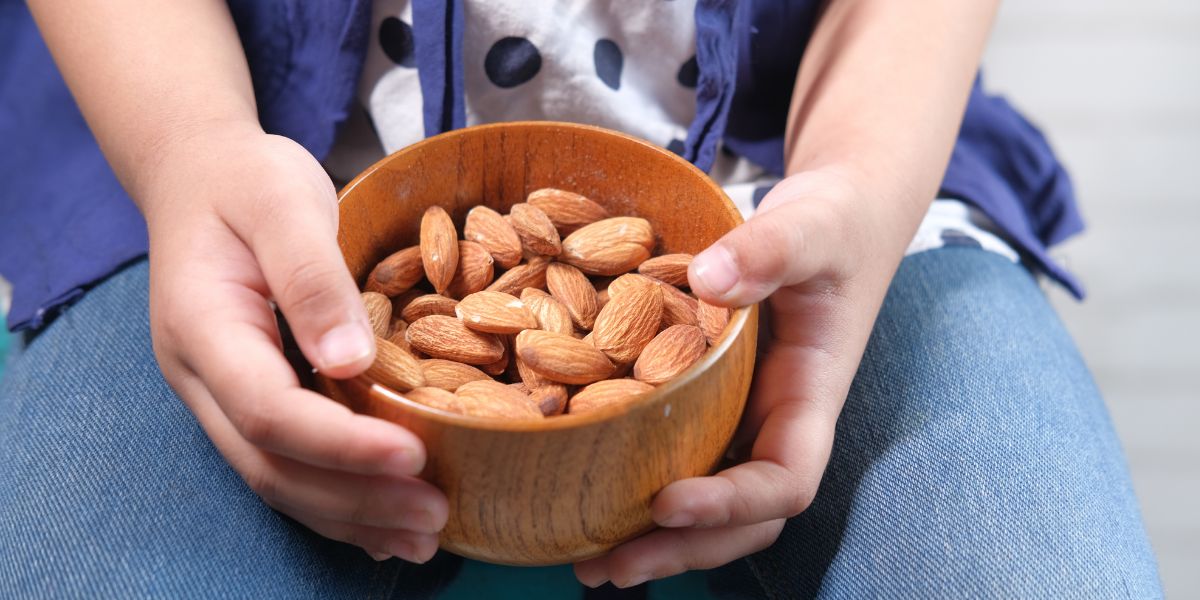Soluble fibre is a form of water soluble carbohydrate that can’t be digested by the body.
Soluble fibre dissolves in water which can have beneficial effects on digestion, metabolism and longer term health.
Soluble fibres in our diet include pecti, psyllium, beta-glucans and gums such as guar gum.
Which foods contain soluble fibre?
Good sources of soluble fibre include:
- Oats
- Fruits and berries, particularly apples, strawberries and blueberries
- Nuts and seeds
- Beans, pulses and lentils
- Vegetables
Health benefits
When soluble fibre interacts with water it forms a gel. In this gel form, the emptying of the stomach, the passage of digestion and the absorption of glucose are slowed.
- Delays emptying of the stomach
- Slow down digestion
- Helps you feel fuller
- Reduces visceral fat
- Improves blood cholesterol levels and heart health
- Improvement in blood glucose levels
Soluble fibre and blood glucose levels
Research studies have found that even modest increases in soluble fibre intake helps to lower blood glucose levels.
The fact that soluble fibre could help improve blood glucose in two ways.
The slowing down of passage through the digestive gives digestive hormones more time to act and by forming a gel with water, soluble fibre prevents carbohydrate from being so quickly absorbed by the small intestine
Research published in the New England Journal of Medicine in 2000 compared a moderate fibre diet (24g of total fibre including 8g of soluble fibre) with a high fibre diet (50g of total fibre including 25g of soluble fibre) over 6 weeks.
The high fibre diet saw a reduction in pre-meal blood glucose levels by 0.7 mmol/l compared to the moderate fibre diet as well as reducing triglyceride levels and post meal blood glucose levels.
Soluble fibre and cholesterol
Soluble fibre also helps to reduce levels of LDL cholesterol, the so-called bad cholesterol Research has found that soluble fibre in the diet results in bile being excreted from the body. Bile is produced from cholesterol and bile acids.
When more bile is excreted and therefore less bile is reabsorbed by the body, it can therefore help to regulate cholesterol as the body uses cholesterol from the blood to synthesise more bile.
Studies have that people with type 2 diabetes taking a 14g a day of psyllium for 6 weeks had reduced their LDL (bad) cholesterol by 9% and their total cholesterol by 7%.
Soluble fibre, appetite and weight loss
Soluble fibre has been shown to delay emptying of the stomach and slowing down the absorption of energy from foods. These digestion slowing effects also significantly delay the release of the appetite stimulating hormone ghrelin.
All of these effects help you to feel full and satisfied for longer which can help towards weight loss and weight management.
Soluble fibre and type 2 diabetes prevention
In addition to suppressing appetite and helping to lose weight, soluble fibre could help to decrease the likelihood of insulin resistance. Insulin resistance is when the body no longer responds effectively to its own insulin and if this is persistent, type 2 diabetes can develop.
Insulin resistance is known to develop in people that have higher than normal levels of fat around the abdominal organs such as the liver, pancreas and the gut. This form of fat is known as visceral fat and has different properties to subcutaneous fat, the fat under our skin.
A study published in 2011 and carried out by researchers at Wake Forest Baptist Medical Center, showed that higher intakes of soluble fibre resulted in decreased accumulation of in visceral fat.




